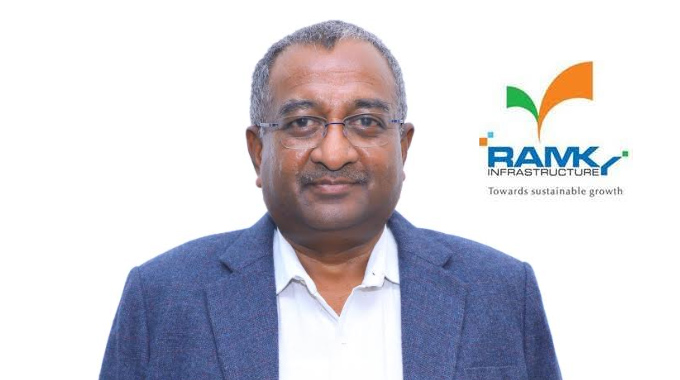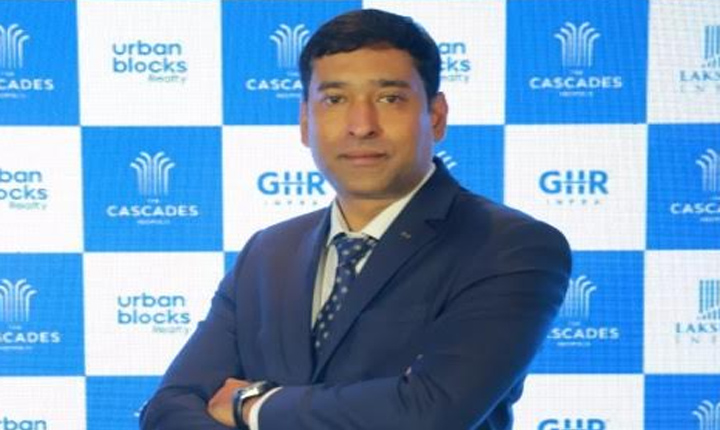On Engineers’ Day, A Call to Tackle Sewage & Water Loss with Deep Tech

By Mr. Y.R. Nagaraja, Managing Director of Ramky Infrastructure Ltd
On this 58th Engineers’ Day, I want to honour the creativity, dedication and responsibility of engineers all across India those who laid our foundations, those working today, and the ones who will take us forward. You are the hands and minds behind everything from roads and urban spaces to smart water grids. Because of your work, we are building not just infrastructure, but also a future in which growth respects the environment and improves lives. Thank you for helping us build stronger economies and a healthier planet too.
This year’s theme, “Deep Tech & Engineering Excellence: Driving India’s Techade”, is more urgent than ever. India generates 72,368 million litres/day (MLD) of urban sewage, yet installed sewage treatment capacity stands at 31,841 MLD, with operational capacity even lower. Only about 28% is treated; 72% remains untreated, polluting our water bodies.
Similarly, in many Indian cities, 40-50% of potable water is lost, before it reaches consumers through leaks, theft, faulty metering, or unbilled connections. This non-revenue water is not just a revenue leak, but also a fundamental threat to water security, public health, and long-term resilience.
These numbers make one thing absolutely evident. To truly drive sustainable infrastructure, engineering excellence must be deeply anchored in innovation, integration and impact. It is not enough to build; we must build better. Smart STPs should not only treat wastewater, but also recover resources; smart water grids should detect leaks using real-time sensors, employ digital twins for predictive management; sustainable industrial parks should be designed with circular water systems and renewable energy; and policies must ensure treatment plants and sewer networks are not just planned, but also fully functional.
On Engineers’ Day, I call upon engineers, industry, and policymakers to collectively raise the bar. For every litre of water that is generated, ensure treatment or reuse; for every water network, demand efficiency; for every industrial park, embed sustainability. When we work together, India’s Techade can be truly sustainable and impactful.







